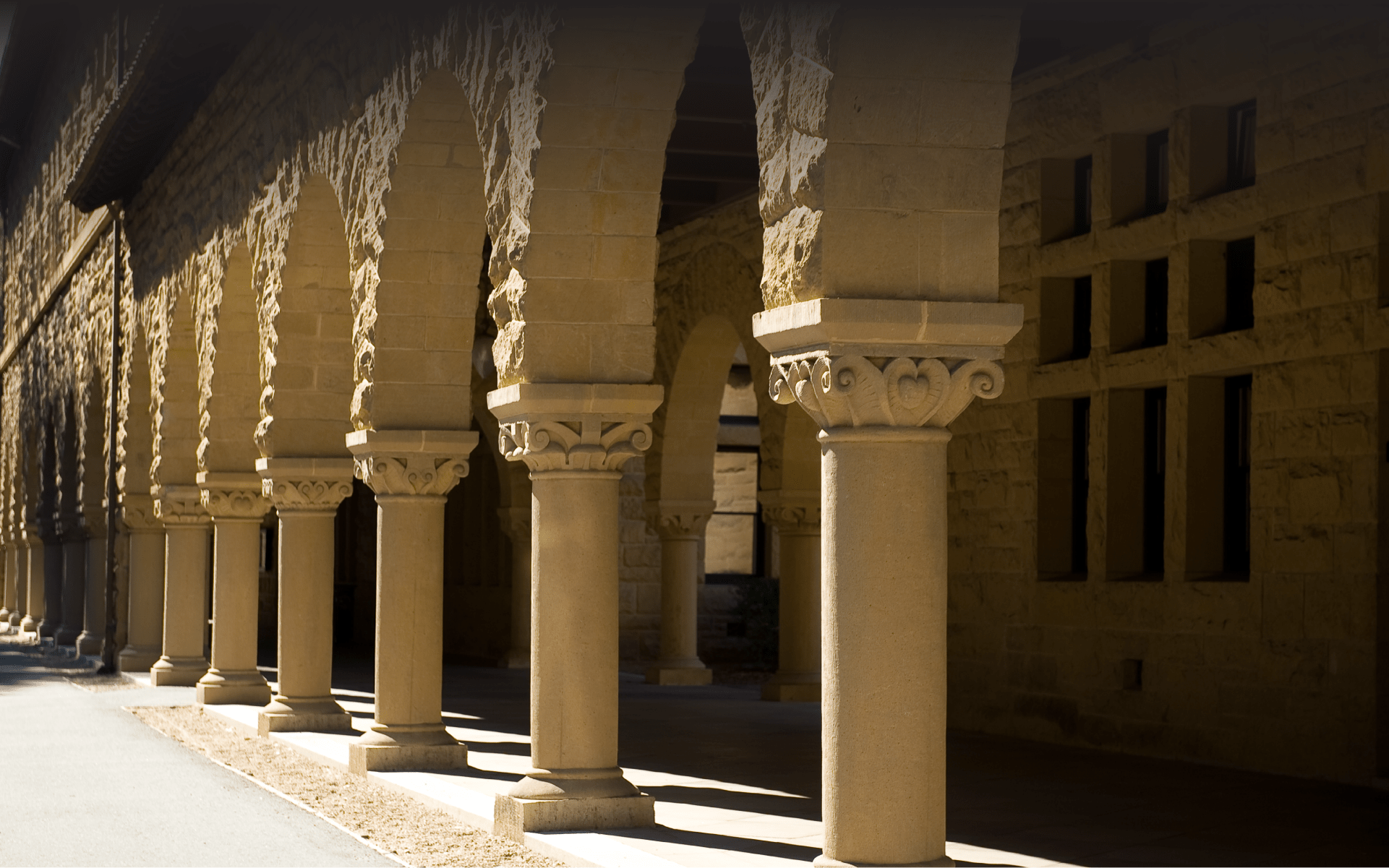LAW 104 — Stolen Art
Spring
Thursdays
7:00—8:50 pm
Date(s)
Apr 14—Jun 2
8 weeks
Drop By
Apr 27
1 Units
Fees
$330
Format
On-campus course
Open
Public fascination with stolen art is evident from the frequent global media coverage of art theft and restitution disputes. This course will delve into intriguing legal, ethical, political, cultural, and economic questions about contested art across five subject areas: (1) the acquisition of art during the Age of Imperialism (from Roman times through World War II); (2) Holocaust-era art takings and the evolution in international legal and ethical responses to wartime looting; (3) compelling questions about “indigenous art” and removal of cultural material from indigenous communities by missionaries, anthropologists, and others; (4) theft from museums and private collectors; and (5) the illicit trade in antiquities.
Students will be encouraged to think critically and comparatively about issues raised by current high-profile disputes. For example, we will ask: Should the Elgin Marbles stay in the British Museum or be returned to Greece? How should we think about the Museum of Fine Arts Bern recently accepting Cornelius Gurlitt’s bequest of his trove of potentially Nazi-looted art? Should the international community respond in similar ways to provenance research and restitution of material illicitly acquired from Jewish and Native American peoples? Which legal system best allocates the risk of art theft from private collectors and museums—common law or civil law? How should nations respond to the illicit trade in antiquities? A version of this course has been offered by the instructor (with Professor John Henry Merryman) at Stanford Law School.
Students will be encouraged to think critically and comparatively about issues raised by current high-profile disputes. For example, we will ask: Should the Elgin Marbles stay in the British Museum or be returned to Greece? How should we think about the Museum of Fine Arts Bern recently accepting Cornelius Gurlitt’s bequest of his trove of potentially Nazi-looted art? Should the international community respond in similar ways to provenance research and restitution of material illicitly acquired from Jewish and Native American peoples? Which legal system best allocates the risk of art theft from private collectors and museums—common law or civil law? How should nations respond to the illicit trade in antiquities? A version of this course has been offered by the instructor (with Professor John Henry Merryman) at Stanford Law School.
Stacey Jessiman, Lecturer in Law, Stanford Law School
Stacey Jessiman teaches courses on art and cultural heritage theft and restitution. She previously practiced as an international transactional and dispute resolution attorney in New York and Paris. She received a JD from the University of Toronto and an LLM from the University of British Columbia.Textbooks for this course:
(Required) John Henry Merryman (Editor), Imperialism, Art and Restitution, 1st Edition (ISBN 978-0521123877)
(Recommended) John Henry Merryman, Albert E. Elsen, and Stephen K. Urice, Law, Ethics and the Visual Arts, 5th Edition (ISBN 978-9041125170)
(Recommended) John Henry Merryman, Thinking About the Elgin Marbles: Critical Essays on Cultural Property, Art and Law, 2nd Edition (ISBN 978-9041128751)
(Recommended) Michael J. Bazyler, Holocaust Justice: The Battle for Restitution in America's Courts (ISBN 978-0814799048)
(Recommended) Michael J. Bazyler and Roger P. Alford (Editors), Holocaust Restitution: Perspectives on the Litigation and Its Legacy (ISBN 978-0814799871)
(Recommended) Ulrich Boser, The Gardner Heist: The True Story of the World’s Largest Unsolved Art Theft (ISBN 978-0061451843)
(Recommended) Sangita Chari and Jaime Lavallee, Accomplishing NAGPRA: Perspectives on the Intent, Impact, and Future of the Native American Graves Protection and Repatriation Act (2013) (ISBN 978-0870717208)
(Recommended) John Henry Merryman, Albert E. Elsen, and Stephen K. Urice, Law, Ethics and the Visual Arts, 5th Edition (ISBN 978-9041125170)
(Recommended) John Henry Merryman, Thinking About the Elgin Marbles: Critical Essays on Cultural Property, Art and Law, 2nd Edition (ISBN 978-9041128751)
(Recommended) Michael J. Bazyler, Holocaust Justice: The Battle for Restitution in America's Courts (ISBN 978-0814799048)
(Recommended) Michael J. Bazyler and Roger P. Alford (Editors), Holocaust Restitution: Perspectives on the Litigation and Its Legacy (ISBN 978-0814799871)
(Recommended) Ulrich Boser, The Gardner Heist: The True Story of the World’s Largest Unsolved Art Theft (ISBN 978-0061451843)
(Recommended) Sangita Chari and Jaime Lavallee, Accomplishing NAGPRA: Perspectives on the Intent, Impact, and Future of the Native American Graves Protection and Repatriation Act (2013) (ISBN 978-0870717208)
